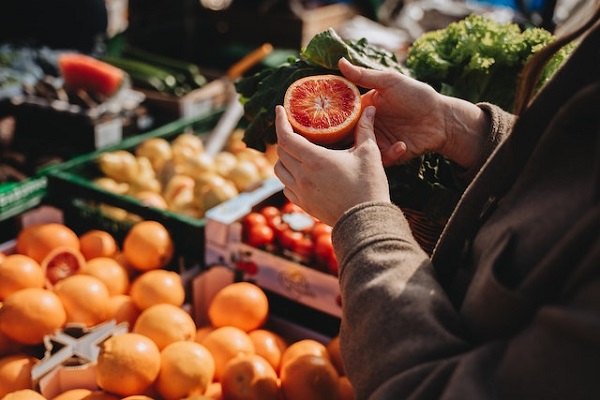
The Luxembourg Environment Agency has announced a ban on plastic packaging will be implemented for certain fruit and vegetables weighing less than 1.5 kg from Saturday 1 July 2023.
A number of fresh fruit and vegetables will therefore be sold in bulk or in packaging that does not contain plastic.
The Environment Agency noted that the elimination of unnecessary packaging will significantly reduce the amount of plastic waste generated and thus help preserve resources and the health of the planet. For the fruit and vegetables covered by the law, selling in bulk will allow customers to produce less waste, and to only buy the quantities they really need.
The Environment Administration encourages consumers to actively support this environmental initiative by using environmentally friendly alternatives, such as reusable bags like the Superbag™.
The provision only applies to unprocessed fresh fruit and vegetables. Pre-cut fruit and vegetables are not covered by this ban. Fruit salads, cut ends of beans, and cut vegetables for soups will therefore not be affected.
Over the past few weeks, discussions with nationals of the sector mainly concerned have led to the development of a note guiding the implementation of the legal provision. This note can be consulted on the website: https://nulloffall.lu/.
The list of fresh fruit concerned is as follows: pineapples, apricots, avocados, bananas, carambolas, cherries, lemons, limes, clementines, quinces, figs, passion fruit, guavas, pomegranates, kiwi fruit, lychees, mandarins, mangoes, melons, mirabelle plums, nectarines, oranges, papayas, grapefruits, peaches, physalis, persimmons, pears, pomelos, apples, plums and grapes.
The list of fresh vegetables affected is: garlic, artichokes, asparagus, aubergines, beets, broccoli, carrots, celery, brussels sprouts, cauliflower, kohlrabi, red and green cabbage, cucumbers, squash, courgettes, beans, endives, fennel, maize, turnips, onions, leeks, peppers, potatoes, pumpkins, radishes, rhubarb and tomatoes.








